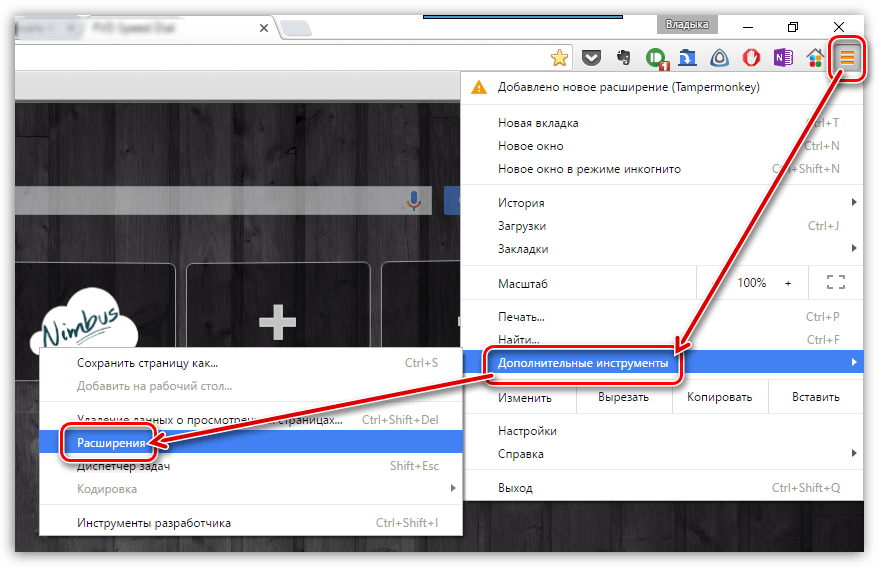

Many low wage jobs, such as customer service, landscaping, or meat packing are absolutely ruinous on one's physical and mental health. The difficulty of work is absolutely unrelated to the amount paid. Both are valid options, but there will be consequences for the respective groups (both good and bad). > Some people work hard (on their career - not necessarily at their current job!), others take it easy. This is additional money as a result of having money. You get paid money for already having money. If you have $500k in assets, that yields an average of $35k/year, market average over interest. > There's no such thing as passive income there's only delayed income. According to some uBO users sometimes the uBO-triggered lookups are undesired, e.g., when using proxies/VPNs.

According to the paper cited on Github page that comprises the OP.ģ. The programs that I use have no financial dependence on online advertising/tracking/data collection like the major browsers and many mobile apps do.)Ģ. For recreational web use, I do not use a major browser to make HTTP requests to the proxy. (I make most HTTP requests for recreational web use outside the browser, through a proxy I control. One solution I can see to a future where ad blocking extensions are banned is a user-controlled proxy that performs similar operations, but outside the browser. I was using DIY DNS (without dnsmasq) long before Pi-Hole.) (Although I think it's a great project, I personally do not use Pi-Hole. Of course, a user who blocks ads/tracking outside the browser by controlling her own DNS lookups also has access to those results. As such, uBO can check the results of DNS lookups for ad/tracking server hostnames/IPs.^3 The only reason uBO can achieve a 70% success rate^2 blocking CNAME-cloaked ad/tracking on Firefox is because Firefox has a "DNS API". After all, it is DNS that is being used to bypass uBO on browsers other than Firefox. This allows online ad tech to operate with relative ease, at relatively lower cost.Īs much as anyone loves their ad blocker (to be clear, I think they are great), we really cannot dismiss the role of DNS in ad blocking. As cited, probably most users are not currently exercising that control. If they so choose to exercise said control.
Chrome ublock full#
Whereas the system for supplying software with IP addresses should continue to remain controllable by the user.^1 The online ad ecosystem has never had full control over that system.ġ. They have full control over that system for extending the functionality of their software. I am inclined to predict that the option to use ad blockers may come to an end because browsers and other software financed with online ad-derived revenue have full control over what extensions users are allowed to run. Just shortly ago there were a bunch of complaints again about Apple not allowing Chrome to be on iOS because it "holds back the web", but what "holding back the web" looks like is certainly a matter of perspective.įunny, I see the possible future differently. This piece helps underline how incredibly important maintaining a critical level of diversity in the browser ecosystem is. I can see how proxying would add complexity and cost to setup so it must just be that few enough people do it the ad industry can't be bothered.īut should that ever catch on (and it could, Raspberry Pi seems fairly well known) I expect uBO to be able to keep up with the cat-and-mouse long after DNS has been left behind. Been kind of an interesting illustration of technical vs economic influences in an ecosystem. While it's no uBO, it works on every single device and browser including in apps and it seems like it really shouldn't, that more parties would just be proxying ads through their own infra and DNS.

But as I've been switching all my routing from UniFi to OPNsense, I've gone ahead and tried out Unbound's basic built-in blacklisting. Not because it's a big technical achievement but because it isn't and in principle seems relatively trivial to work around. Having said that I've also been fairly stunned recently to see how much difference a simple DNS blacklist system can make too. I remember seeing Gorhill discuss a few times over the years some of the reqs for uBO during certain times (like why it could no longer work with Safari following changes Apple made a while back), but so cool to have it all collected in one place. And I do think of it that way these days, it's fairly stunning on some sites to switch off all the block and see how they become genuinely unbrowsable. Wow, what an awesome dive into some of the technical aspects behind one of my favorite tools for using the web.


 0 kommentar(er)
0 kommentar(er)
